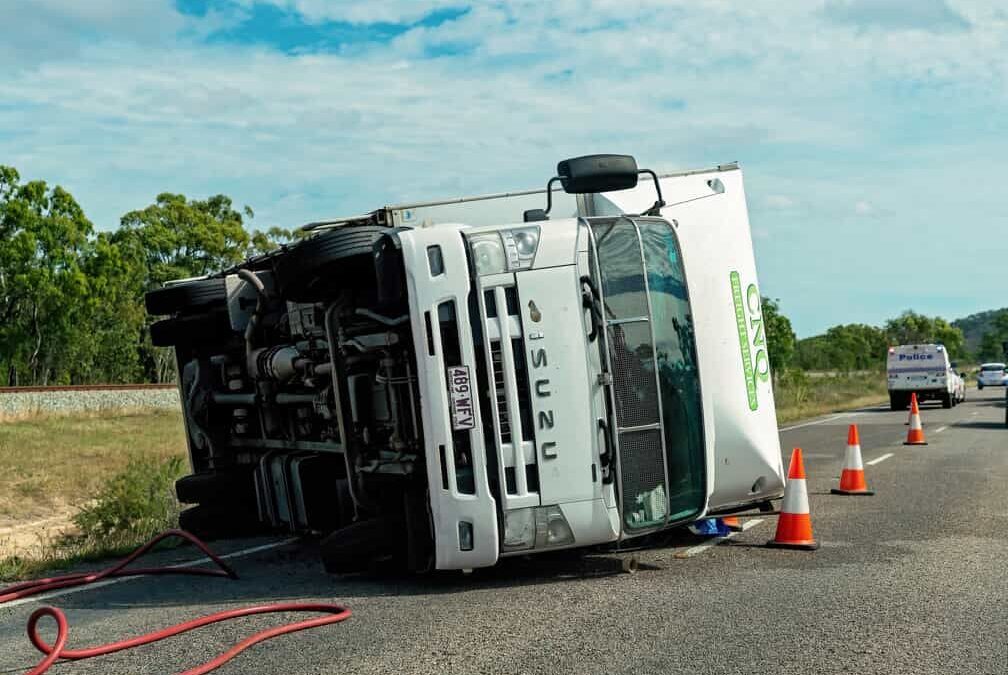Trucks are the workhorses of our economy. They deliver everything from groceries to building supplies, keeping shelves stocked and businesses running. But like any powerful tool, trucks have a flip side.
Truck accidents usually have a higher rate of casualties compared to other forms of transportation. It’s typically worse if the accident involves a smaller vehicle.
After a truck accident, the victim must sue the at-fault party for their negligence. They are entitled to compensation to cover the losses and damage unleashed on them by these big rigs.
Nonetheless, the primary focus of this article is to discuss the duality of having trucks on our roads.
Advantages of Trucks on Our Roads
Trucks provide several key advantages; here are a few:
Flexibility and Efficiency
Unlike trains or airplanes, trucks can deliver goods directly to their final destination, eliminating the need for multiple modes of transportation. This flexibility saves everyone time and money, and this makes them ideal for diverse cargo and geographically dispersed areas.
Cost-Effectiveness
Compared to other modes of transportation, such as air freight, trucks offer a more economical way to transport large quantities of goods over land. This affordability is crucial for businesses and consumers alike.
Last-Mile Delivery
Trucks are essential for the final leg of most deliveries, ensuring goods reach their final destination – whether it’s a store, a construction site, or your doorstep. They’re the vital link that keeps our supply chains running constantly.
Job Creation
According to the American Trucking Association, the trucking industry employs over 7.5 million people in the US alone. That’s a significant contribution to job creation and economic growth.
How Much Damage Does Truck Transportation Causes?
The undeniable benefits of trucks come with a hidden cost – environmental damage. Here’s how truck transportation can be destructive:
Air Pollution
Diesel engines, the primary power source for most trucks, emit harmful pollutants like nitrogen oxides and particulate matter. These pollutants contribute to smog, respiratory problems, and even heart disease.
A 2021 study by the Environmental Protection Agency found that the transportation sector, which is dominated by trucks, is the largest source of air pollution in the US.
Road Damage
Trucks are a major reason our roads are in such rough shape. Their immense weight puts a constant strain on the pavement, causing cracks, uneven surfaces, and those dreaded potholes. This not only damages your car but creates safety hazards for everyone on the road.
Increase in Road Accidents
The increase in the number of trucks increases the risk of accidents. Truck accidents happen for many reasons. In most cases, truck drivers and trucking companies are held responsible for accidents. However, in some cases, cargo loaders and truck mechanics can be held liable. Since trucks are huge vehicles, victims of these accidents will sustain catastrophic injuries or, even worse, deaths.
Greenhouse Gas Emissions
We all know the buzz about climate change, and trucks are part of the equation. They burn fuel that releases greenhouse gases, like carbon dioxide, which act like a blanket around the Earth, trapping heat and making things warmer.
While it might seem like one truck isn’t a big deal, the sheer number of trucks on the road collectively adds up to a significant impact on our planet’s climate.
How to Ensure Balance and Sustainability
As a society, it would be in our best interest to find a balance between these two sides of the trucking industry. This is our only means of ensuring a sustainable future.
Here are a few ideas that could pave the way for balance and sustainability:
- Investing in Infrastructure Upgrades
Increased federal and state funding for road maintenance is crucial. More robust pavements that can handle heavier loads will reduce long-term costs and keep our roads safer.
- Promoting Alternative Fuels
The trucking industry is slowly transitioning to cleaner technologies. Encouraging the use of biofuels, electric trucks for shorter distances, and hydrogen fuel cells can significantly reduce emissions.
- Optimizing Logistics and Routes
Smarter routing strategies that reduce empty miles and congestion can make trucks more efficient and lessen their environmental impact.
- Promoting Intermodal Transportation
Utilizing a combination of trucks, trains, and waterways for long-distance deliveries can leverage the strengths of each mode while minimizing the downsides.
Wrapping Up
By working together – government agencies, trucking companies, and technology developers – we can create a future where trucks remain crucial for the economy, but their environmental impact is minimized.
This would leave society with cleaner trucks, smarter infrastructure, and more efficient delivery systems.
If we do this, we can ensure that trucks continue to be the reliable workhorses of our economy, all while paving the way for a more sustainable future.









